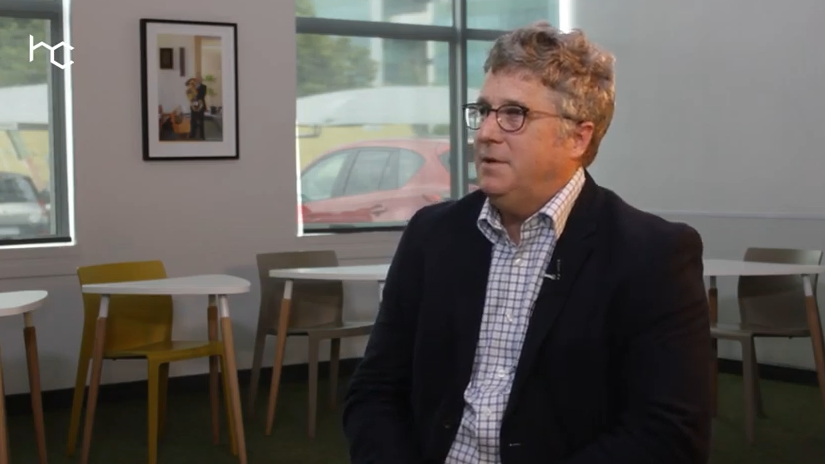News
On Our Learning Platform: Greg Mills on the Power of Leadership to Impact Change
Africa is home to over half of the world's growing economies. It's also got one of the youngest, fastest-growing markets in the world and is fast being recognised as a place where entrepreneurial activity is not just booming but is a way of life. Essentially, Africa is better primed for an economic renaissance than any other place in the world for the foreseeable future.

Besides our growing young population, a huge driver for African entrepreneurship is the fact that we have a lot of problems that require solving. From infrastructural to social and political instability, the continent is still dealing with issues of economic growth. However, as any entrepreneur will tell you, where there is a problem, there's an opportunity to solve it and create a business out of the solution. This means Africa doesn't have a set of problems but rather a multitude of business ideas just waiting to be taken advantage of. So what, precisely, is stopping us from doing that?
Greg Mills is an expert on African economies and the man with most of the answers to this question. The director of the Brenthurst Foundation, an organisation based in Johannesburg, South Africa, he was requested to establish the Foundation in 2005 by the Oppenheimer family in order to help strengthen Africa's economic performance. Greg is also the former national director of the South African Institute of International Affairs and has played a key role in reform projects in more than a dozen African countries, including Rwanda, Ghana, Kenya, Malawi, Ethiopia, Somalia and Mozambique.
And the most important thing he's learnt about operating in Africa in this period of time? That while Africa is diverse, one thing remains consistent across the continent - a general sense of ubuntu and the fact that business is about relationships rather than transactions.
“Jonathan Oppenheimer says that in Africa, you make friends and then you do business, while in the rest of the world, you do business and then you make friends. And he's absolutely right. I think a lot of this is about EQ. It's about relationship building. It's about credibility. It's about spending time with people, about understanding the market. There's no shortcut. In other words, you need to drink many cups of tea. I spend large amounts of time on the ground, understanding people's businesses, winning their confidence”.
Greg is so passionate about Africa and its trajectory that he's written numerous books about the potential of the continent to grow and prosper, and what is getting in the way of its success. His most recent publication, Expensive Poverty, shares his journey of working with governments and policymakers across the continent to uncover precisely why foreign aid had been a disadvantage to Africa so far and how governments can better utilise it for more sustainable economic growth.
“I think any continent that's going to double its population in a generation, while facing tremendous challenges, also has implicit in that a set of opportunities that didn't exist 30 years before. As population numbers double and there's more spending on infrastructure and more focus on making better use of infrastructure, I think that we're going to see those improvements take root. I don't think every market is going to necessarily be easy. I think some markets are going to become more difficult as they become more congested and perhaps more fractured with lots of business frictions. But many are going to become easier as the opportunity costs decline and as the rewards increase along with the number of people”.
It's encouraging that someone with as an in-depth experience and understanding of the African landscape as Greg is feeling as positive and optimistic about the future as we are. We can also agree that a large part of what will impact this change is the innovative, entrepreneurial spirit to be found on most corners of the continent.
“I'm fairly bullish on African markets and that's because they are partly driven by people. And I think the big change here is that we are moving to an environment where 60% or, in some cases like Uganda, 75% of the population is under the age of 35. This is a very young dynamic market. They don't remember the history and the past. Their past is not a colonial past, their past is really one of the transition from authoritarianism to democracy, in many cases in Africa. And their ambitions are informed by a world outside which they view through the prism of their digital device. They're not necessarily informed by what their parents have told them or what they've learned in school”.
Africa is fast leaving our colonial legacies behind and looking to the present for our solutions - a lesson that has worked well for other developing spaces, particularly in Asia. In 10 fascinating bites for a recipe for our learning platform, Greg Mills expands on what these lessons are and how Africa can leverage the position we're in to guarantee a more stable, economically-prosperous future for our upcoming generations.
Check out his recipe on Leadership For Change here.



